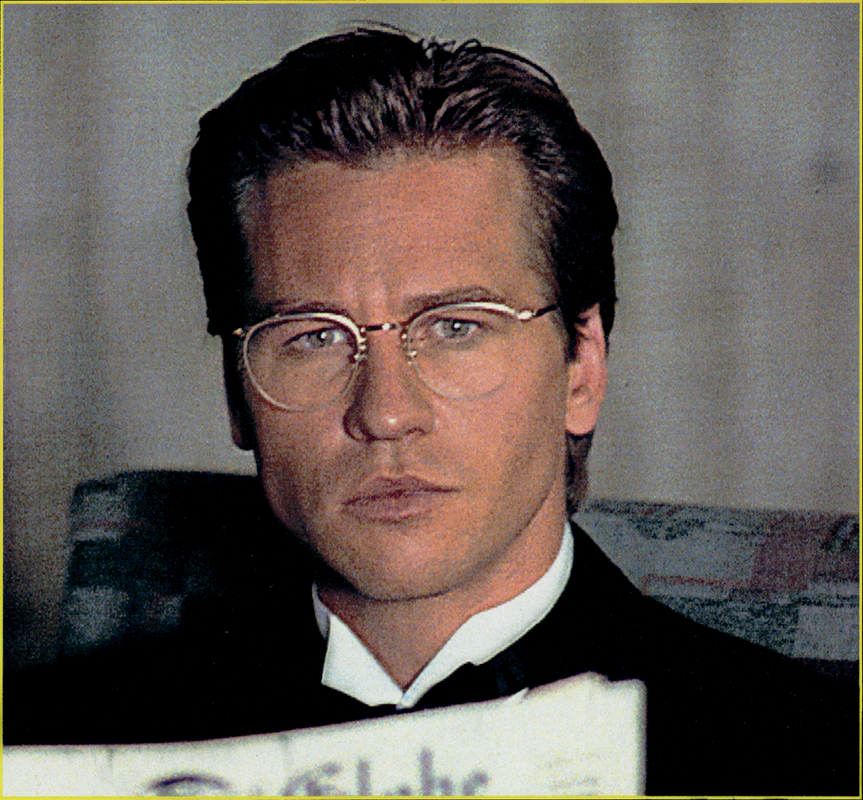QuoteThe highly anticipated Wonder Woman has faced a lot of development challenges and the big rumor of late is that Warner Bros. Games started over last year with a fresh with a new direction. The project underwent a complete reboot in early 2024 and received a new director, despite already accumulating over $100 million in development costs.
The game, which was announced three years ago and promised to deliver a single-player, open-world experience, has struggled to meet its creative goals. Monolith Productions, known for their work on Middle-earth: Shadow of War, leads the development of this ambitious project.
Gaming industry experts estimate the release is still several years away. The substantial investment and recent leadership changes signal Warner Bros. Games' commitment to getting the Wonder Woman adaptation right, though questions remain about the project's future.
https://9meters.com/entertainment/games/the-troubled-wonder-woman-game-was-rebooted-in-early-2024-with-a-new-director-after-warner-bros-games-reportedly-spent-over-100-million
The article even mentioned that cancellation for the game is still a possibility. They probably overhauled the game to make it a Games-as-a-service product because they were expecting that awful Suicide Squad game to be a hit. Morons.
I know this has nothing to do with Wonder Woman on film, but once again, it's another example of WB screwing up Wonder Woman and DC in general.



